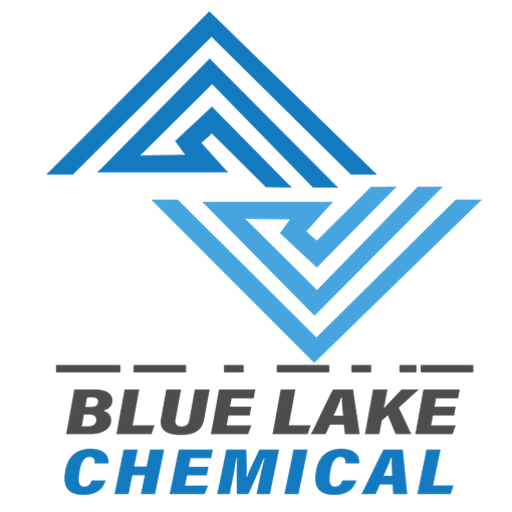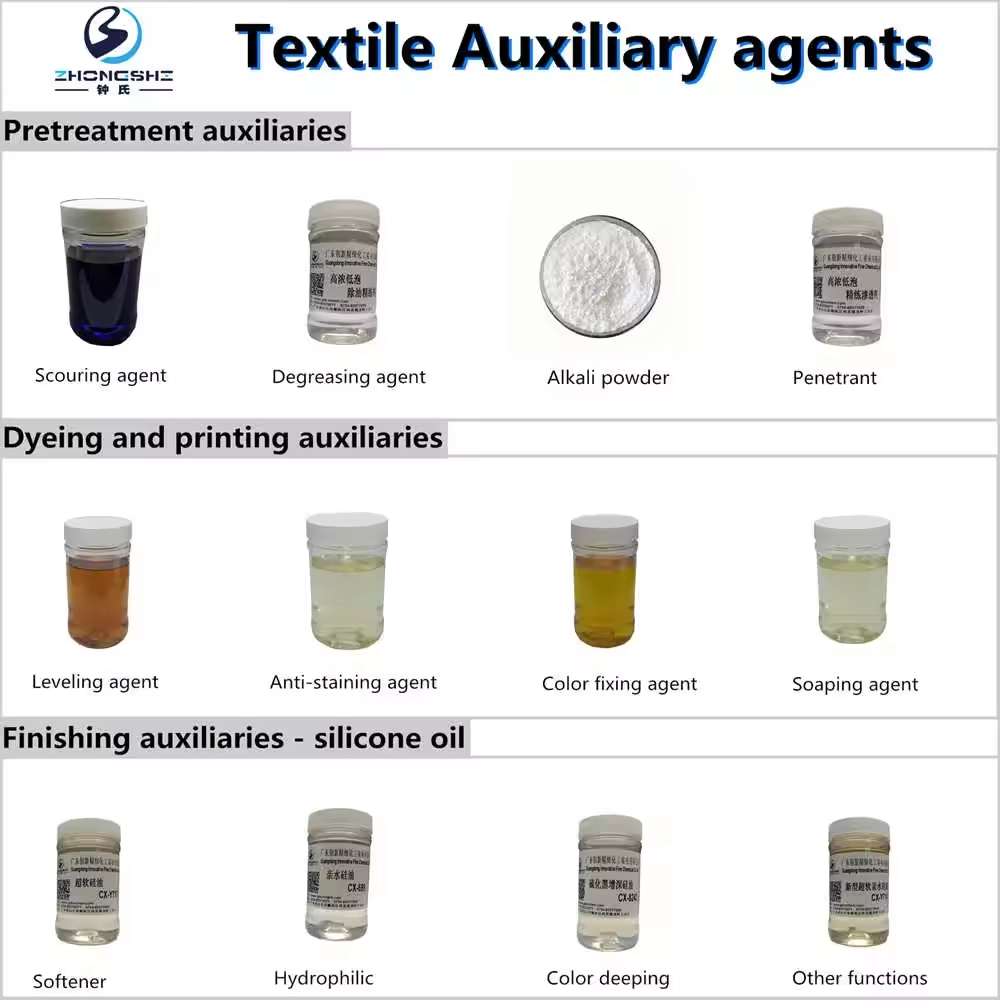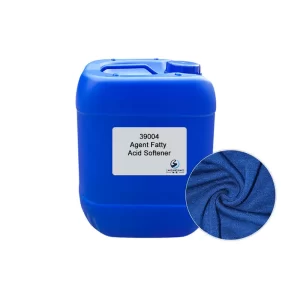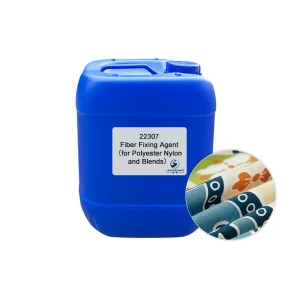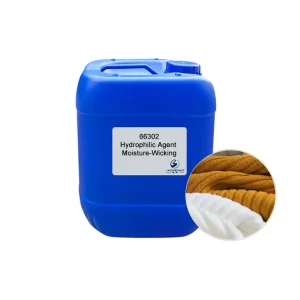Have you ever been confused about the difference between “knitted cotton” and “pure cotton” ? As a textile manufacturer, are you also struggling to optimize fabric performance? This article will provide a comprehensive analysis of the definitions, characteristics, and applications of knitted cotton and pure cotton, while offering practical buying tips for consumers and efficient textile chemicals solutions for manufacturers.
Knitted Cotton vs. Pure Cotton: Definition and Difference
Pure cotton refers to fabrics made of 100% cotton fibers. It can be a fabric produced by woven or knitted processes.
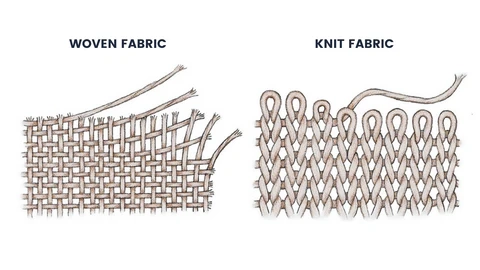
Woven pure cotton: It is made by interweaving warp and weft yarns, with a tight structure, a stiff feel, good anti-pilling and anti-wrinkling properties. The poor air permeability compared to knitted cotton also makes it warm, suitable for making shirts, sheets and other products that require a sense of flat.
Knitted pure cotton: It is made by interlocking loops of yarn, with a soft structure, good elasticity and breathability, but easy to pilling and wrinkle, suitable for making T-shirts, underwear and other close-fitting clothing.
Note:
- Knitted cotton and woven cotton can be pure cotton, but pure cotton is not necessarily knitted cotton. They can be 100% cotton or blended (such as cotton and polyester).
- The main difference between knitted cotton and woven cotton is the production process, not the fiber composition.
Consumer Buying Guide
If you are looking for comfort and elasticity: choose knitted cotton fabric, which is soft and breathable, suitable for making T-shirts, underwear and sportswear.
If you need crispness and durability: choose woven cotton fabric, which is more suitable for making shirts, jackets and sheets.
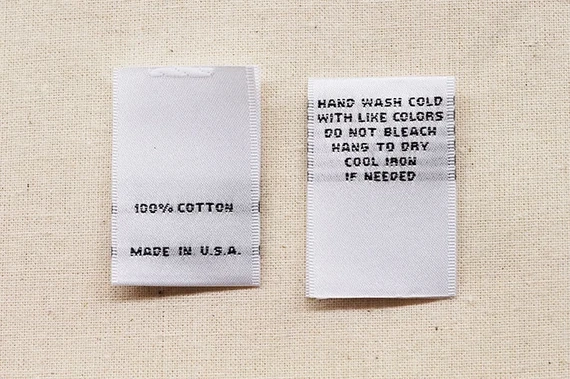
How to Identify High-quality Cotton Fabrics:
- Touch: High-quality knitted cotton should be soft and smooth, and woven cotton should be tight and flat.
- Observation: Check the fabric for defects, such as color differences, stains or uneven loops.
- Labels: Check the ingredient label to make sure it is 100% cotton and understand the washing instructions.
Manufacturers’ Production Challenges and Solutions
- Solve the problem of knitted cotton wrinkling easily:
Use our Anti-Creasing Agent to reduce fiber friction and improve fabric elasticity while maintaining softness and breathability. - Enhance the durability of knitted cotton:
Use our Softener and Anti-Pilling Agent in the finishing stage to reduce pilling and deformation and extend the life of the fabric. - Solve the problem of insufficient elasticity of woven cotton:
Add a small amount of elastic fiber (such as spandex) when blending fibers, or use an Elasticity Enhancer. - Shrinkage and deformation easily:
Use Pre-shrinking Finishing Agent to reduce shrinkage and maintain fabric dimensional stability. - Improve dyeing uniformity:
Use our Dyeing Auxiliary to ensure bright and uniform colors of cotton fabrics.
Our Cotton Textile Chemicals Series
Whether it is knitted cotton or woven cotton, our Cotton Textile Chemicals Series can help you optimize the production process and improve fabric performance:
Textile Pretreatment Auxiliaries: optimize fiber preparation and improve dyeing uniformity.
Dyeing Auxiliary: ensure bright colors and high color fastness.
Textile Finishing Chemicals: Enhances fabric properties such as softness, wrinkle resistance and pilling resistance.
Anti-Creasing Agent: Especially recommended for knitted cotton, reduces wrinkles and improves fabric quality.
Conclusion
Knitted cotton and pure cotton are not opposing concepts, but fabric properties defined from different perspectives. Knitted cotton emphasizes production process, while pure cotton emphasizes fiber composition. For textile manufacturers, it is crucial to understand these differences and choose the right chemicals. Our cotton textile chemicals series can help you solve various challenges in production, whether it is knitted cotton or woven pure cotton, to achieve higher quality standards.
Contact us now to learn more about how our products can help you optimize textile production!
